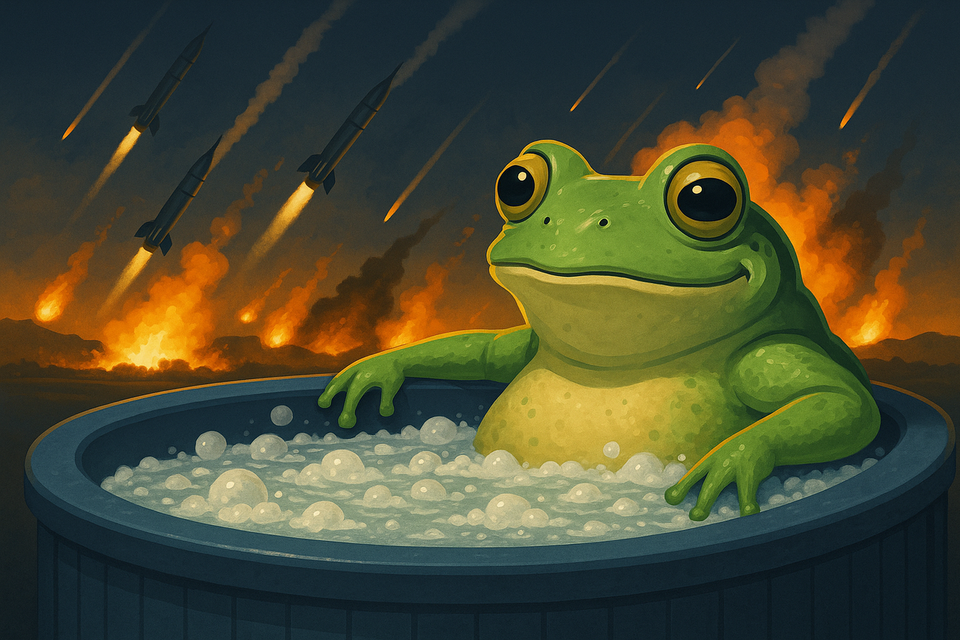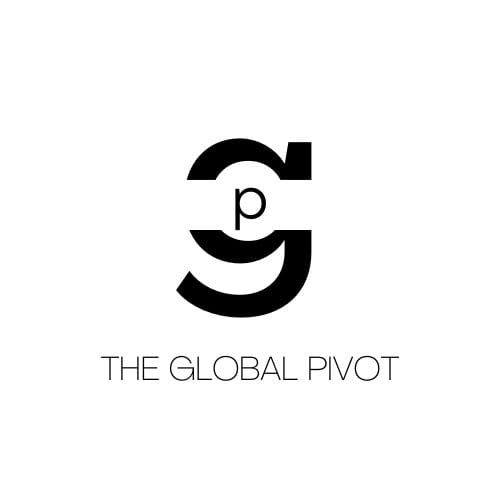Did World War III Already Start?

When World War I broke out, people didn’t call it like that. It started as a regional dispute between Austria-Hungary and Serbia that expanded to neighboring countries and subsequently, the world.
World War II started when Hitler invaded Poland. No one shouted “this is the World War II”, although it was clear that the conflict will turn into a great war. Why? Because it followed the similar blueprint of the WWI.
We named the wars later, in retrospect, after looking at the big picture, when more forces joined the conflict and turned it into a world event. With the recent news and the scan headlines, the first questions that pops up is -
are we headed towards a World War III?
Is this just global instability… or the slow ignition of something much bigger?
The reason we don't have answer yet is not because we can't scale global events yet. It is because the blueprint is different.
What if the next world war isn’t declared?
What if it doesn’t start with tanks and treaties, but with blackouts, drone strikes, and proxy conflicts?
What if the question is not - will the World War III start, but it's: Are we already in it?
Like the boiling frog, we may already be in the pot. The heat is rising. And we’re still calling it a jacuzzi.
Warfare Doesn’t Look Anymore Like You Think It Does
If your idea of war still involves trenches, tanks, and televised speeches, it’s time to update the image. The next global conflict may not begin with explosions: it may begin with silence.
A sudden blackout that freezes your bank account. A phone that won’t load maps, make calls, or process payments. Access to food, water, or medicine disrupted by invisible forces. These aren’t scenes from a future dystopia. They are increasingly real scenarios in a world where warfare begins digitally and plays out long before any boots hit the ground.
Modern conflict is asymmetric. States fight not only each other, but militias, proxy actors, and even code. It unfolds in gray zones, between war and peace, between physical and digital realms, between official narratives and viral videos on social media.
And most critically, it never truly stops. There is no clear beginning, no formal declaration. Instead, you sense a shift: infrastructure strains under pressure, trust in systems frays, and a low hum of unease settles in. By the time you realize something has changed, you may already be living in the next phase of conflict.
Is World War III Really Starting?
IMHO - No, I don’t think so. Not in the way we define world wars in textbooks. But honestly, does that distinction matter to the person living in a war zone today? Whether you call it a conflict, a regional escalation, or the start of an apocalypse, the destruction is the same. For regular people, the scale of the war only matters in one practical way: can you escape it? Can you move to another region of your country for salvation, or it has to be a neighboring state, or you need to flee to another continent altogether? Or is there nowhere to go?
A G-Zero World: Power Without Leadership
Ian Bremmer coined the term “G-Zero” to describe a world adrift, where no single power is willing or able to lead. The world until recently relied on the clear distinction between West and East, sets of values both represent and clear idea about who are the global leaders. Now, the situation is different. The United States is inward-looking, same goes for China, focusing on domestic politics, and Europe struggles with fragmentation. Meanwhile, the global institutions once designed to manage global order feel increasingly outdated and powerless.
With the lack of global leadership regular challenges exacerbate. The world order established after the Second World War has come to an end of a cycle. The new cycle with new leaders, or totally different system of governing (which might be overall the best solution) has not formed yet. Ordinary people are left navigating the chaos, unsure whom to trust or where to turn.
You Don't Need a Name to Know the Water’s Getting Hot
Open any news channel and you will catch this sentence:
“Country X deploys troops, BUT urges calm.”
It’s meant to sound measured. Rational. Reassuring.
Are you reassured?
Yeah, me neither.
However, it is a useful idea when you scale it down to your own life. It is meant as a message for governments, but it’s a mindset individuals need today.
Conflict doesn’t always begin with invasions but with blackouts, cyberattacks, and digital disinformation, your version of “deploying forces” might look very different.
It could mean:
- Pulling a serious chunk of money from the bank and turning it into gold.
- Securing second residency or citizenship.
- Strengthening local resilience in food, water, energy, and skills.
- Learning to operate offline and rely on analog systems - going off-grid.
Staying calm doesn’t mean doing nothing.
It means preparing without panic and acting with clarity.
History doesn’t give advance warning.
And by the time the alert arrives, it might already be too late. War might not look like it used to. It might not be declared. It might not be called “World War III” until much later, if ever. But that doesn’t mean you have to be caught with your pants down.
If “any country” can deploy forces while urging calm, so can you. Prepare quietly. Think long term. Build your resilience.
You can still sit in the warm water. Just make sure you can jump out when it gets too hot.

Member discussion